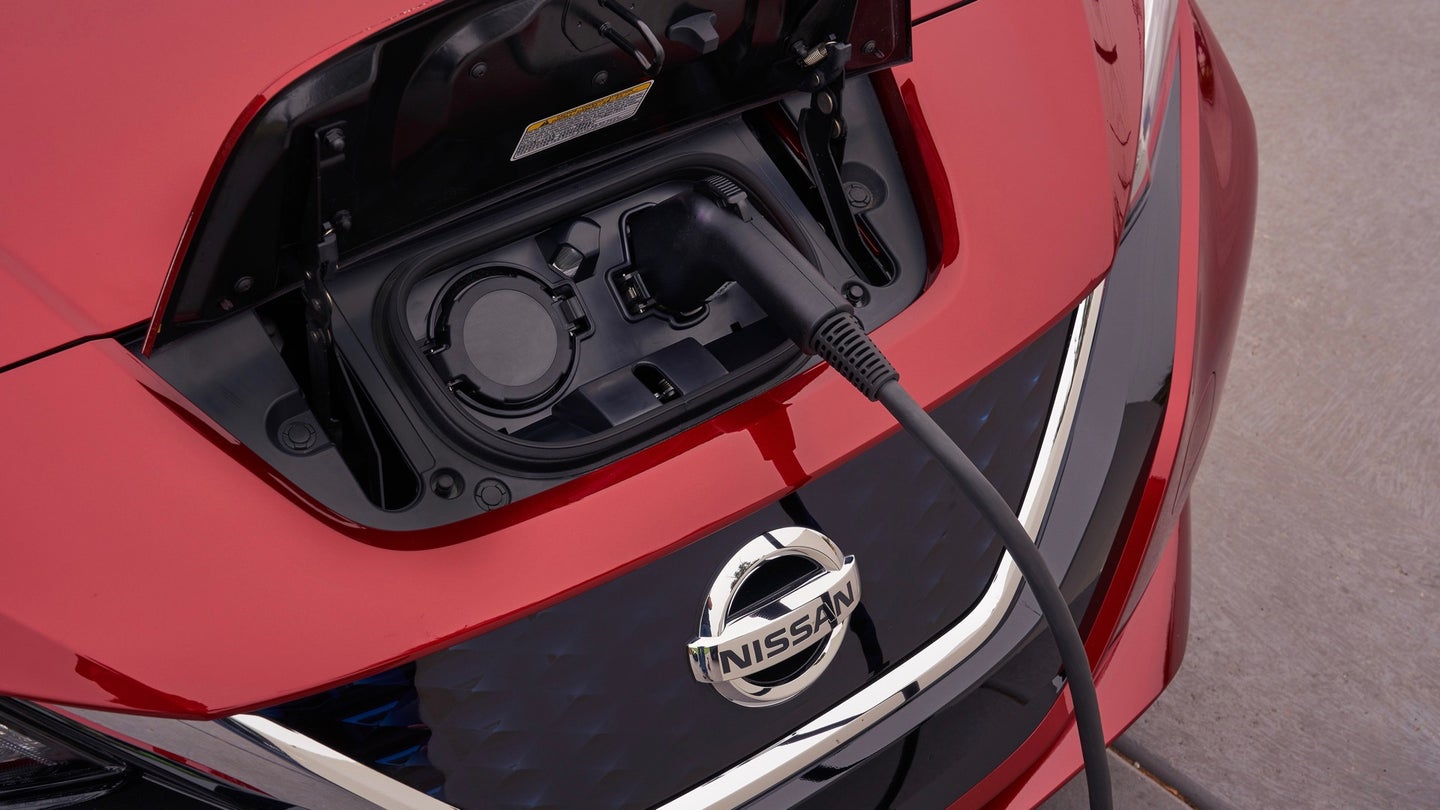Blink Joins Effort to Make Electric-Car Charging Easier for Drivers
Hubject lets drivers charge at multiple companies’ stations with one account.

Charging network operator Blink is joining an effort that could make it easier for electric-car drivers to find a place to charge. Unlike with gas stations, drivers can't simply go from one company's charging station to another in most regions without holding separate accounts. But Blink is joining Hubject, a project to create one centralized membership allowing drivers to access multiple companies' stations.
Hubject was started by a handful of companies including BMW, Daimler, Siemens, and the Volkswagen Group. The project's goal is to allow electric-car drivers to charge at stations operated by multiple companies through a single account. Known in the industry as "roaming," it's a much-discussed practice that makes owning an electric car much easier, but it hasn't been universally adopted.
Companies are making progress, though. Since it was established in Europe in 2012, Hubject claims to have amassed 80,000 charging ports from over 300 operators in 26 countries. Hubject's U.S. division was started in 2017. The partnership with Blink, which claims to have 135,000 customers, will become operational in 2019, according to a Blink press release.
A similar agreement was recently reached by ChargePoint and FLO, which operate large networks of charging stations in the U.S. and Canada, respectively. Customers of either company can now use the other's charging stations using their existing accounts. The partnership covers 33,000 charging stations, according to ChargePoint and FLO.
Blink also wants electric cars and charging stations to be able to communicate with each other and send data to other places. The company is pushing for implementation of a wireless-communication protocol called ISO 15118, claiming it will benefit drivers, network operators, and automakers. Blink envisions a future where electric cars automatically begin charging once they're plugged into a station, and send data to both the station operator and the manufacturer of the car. It's another manifestation of so-called "V2X" (vehicle-to-everything) communication tech that backers claim will radically change the auto industry.
